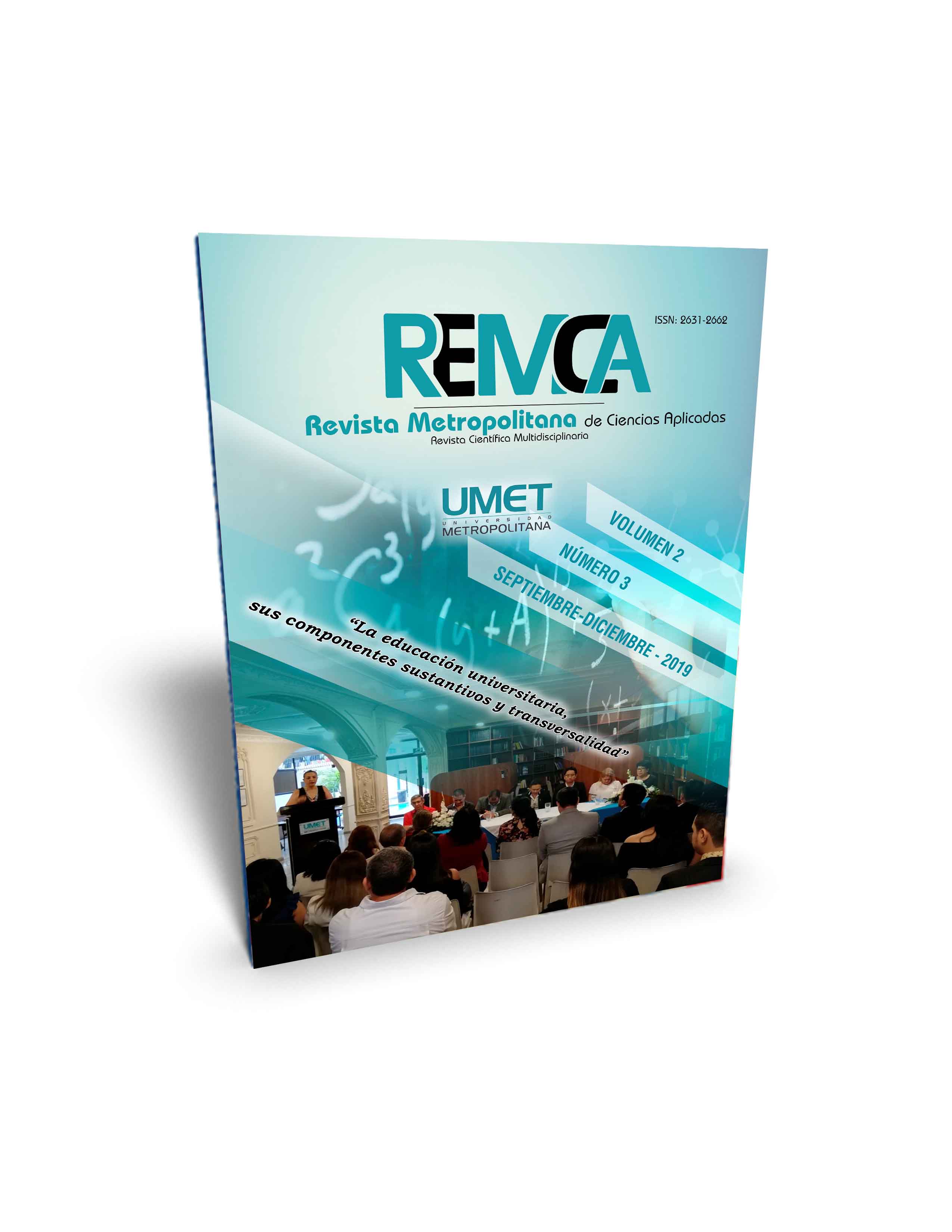The teacher's training in the integral tpack model: biological chemical career case
DOI:
https://doi.org/10.62452/5q3gyd88Keywords:
Teacher Training, Integral Model, TPAC, Teaching LearningAbstract
Teaching in particular presents significant challenges at all educational levels, especially at the university level. It is amazing the absence of a technological, pedagogical and content model when imparting scientific knowledge within the classroom and aims to facilitate the understanding of life itself, do not always get it. In this article, we analyze from the dimensions of the TPACK model the teaching practice in the integrative professorship subject in the Bachelor of Science in Education, Chemical - Biological specialization. The construction of Didactic Content Knowledge in experienced teachers and beginners because in teaching and learning not all problems are focused on students, teachers have an important part of the responsibility for educational success or failure. The knowledge that they possess about the contents taught, the didactic deficiencies, the teaching models adopted, in addition to the conditions for the development of their profession, the almost exclusive use of little new resources and consequently classes in many monotonous cases, are some of the causes that converge towards a praxis little in accordance with the curricular and social demands of the current world. The methodology used has a qualitative approach, supported by documentary research, techniques and checklist. Finally, teachers at a higher level must integrate a technological, pedagogical structural model accompanied by the expertise of programmatic content.
Downloads
References
Arancibia, M., Soto, C., & Contreras, P. (2010). Concepciones del profesor sobre el uso educativo de las tecnologías de la información y la comunicación (TIC) asociadas a procesos de enseñanza-aprendizaje en el aula escolar. Estudios pedagógicos, 36(1), 23-51. Recuperado de https://scielo.conicyt.cl/scielo.php?script=sci_arttext&pid=S0718-07052010000100001
Cabero, J., & Barroso, J. (2016). ICT teacher training: a view of the TPACK model/Formación del profesorado en TIC: una visión del modelo TPACK. Cultura y educación, 28(3), 633-663. Recuperado de https://www.researchgate.net/publication/306023689_ICT_teacher_training_a_view_of_the_TPACK_model_Formacion_del_profesorado_en_TIC_una_vision_del_modelo_TPACK
Cabero, J., Marín, V., & Castaño, C. (2015). Validación de la aplicación del modelo TPACK para la formación del profesorado en TIC. @tic. Revista d'innovació educativa, 14, 13-22. Recuperado de https://www.redalyc.org/pdf/3495/349541425002.pdf
Cejas-León, R., Navío, A., & Barroso, J. (2016). Las competencias del profesorado universitario desde el modelo TPACK (Conocimiento Tecnológico y Pedagógico del Contenido). Pixel-Bit. Revista de Medios y Educación, 49, 105-119. Recuperado de https://www.redalyc.org/pdf/368/36846509008.pdf
Coll, C. (2004). Psicología de la educación y prácticas educativas mediadas por las tecnologías de la información y la comunicación. Una mirada constructivista. Sinéctica Revista electrónica de Educación, 25. Recuperado de https://sinectica.iteso.mx/index.php/SINECTICA/article/view/277
García, F. (2000). Los modelos didácticos como instrumento de análisis y de intervención en la realidad educativa. Biblio 3W. Revista Bibliográfica de Geografía y Ciencias Sociales, 27, 1-15. Pedagógico del Contenido). Pixel-Bit. Revista de Medios y Educación, 49, 105-119. Recuperado de http://www.ub.edu/geocrit/b3w-207.htm
Larrea, E., & Montalván, M. (2016). Modelo Educativo Ecológico de la Universidad de Guayaquil. Recuperado de http://www.ug.edu.ec/modelo-educativo-ecologico-de-la-universidad-de-guayaquil/.
León, R. C., Gámez, A. N., & Osuna, J. B. (2016). Las competencias del profesorado Universitario deeds el modelo TPACK (conocimiento tecnológico y pedagógico del contenido). Pixel-Bit. Revista de Medios y Educación, (49), 105-119. Recuperado de https://www.redalyc.org/pdf/368/36846509008.pdf
Shulman, L. S. (1986). Those who understand: knowledge growth in teaching. Educational Researcher, 15(2), 4-14. Recuperado de https://pdfs.semanticscholar.org/f29d/a5d8c806102b060e7669f67b5f9a55d8f7c4.pdf
Downloads
Published
Issue
Section
License
Copyright (c) 2019 Francisco Lenin Morán Peña, John Fernando Granados Romero, Jaime Gabriel Espinosa Izquierdo (Autor/a)

This work is licensed under a Creative Commons Attribution-NonCommercial-ShareAlike 4.0 International License.
Authors who publish in Revista Metropolitana de Ciencias Aplicadas (REMCA), agree to the following terms:
1. Copyright
Authors retain unrestricted copyright to their work. Authors grant the journal the right of first publication. To this end, they assign the journal non-exclusive exploitation rights (reproduction, distribution, public communication, and transformation). Authors may enter into additional agreements for the non-exclusive distribution of the version of the work published in the journal, provided that acknowledgment of its initial publication in this journal is given.
© The authors.
2. License
The articles are published in the journal under the Creative Commons Attribution-NonCommercial-ShareAlike 4.0 International License (CC BY-NC-SA 4.0). The terms can be found at: https://creativecommons.org/licenses/by-nc-sa/4.0/deed.en
This license allows:
- Sharing: Copying and redistributing the material in any medium or format.
- Adapting: Remixing, transforming, and building upon the material.
Under the following terms:
- Attribution: You must give appropriate credit, provide a link to the license, and indicate if any changes were made. You may do this in any reasonable manner, but not in any way that suggests the licensor endorses or sponsors your use.
- NonCommercial: You may not use the material for commercial purposes.
- ShareAlike: If you remix, transform, or build upon the material, you must distribute your creation under the same license as the original work.
There are no additional restrictions. You may not apply legal terms or technological measures that legally restrict others from doing anything the license permits.




